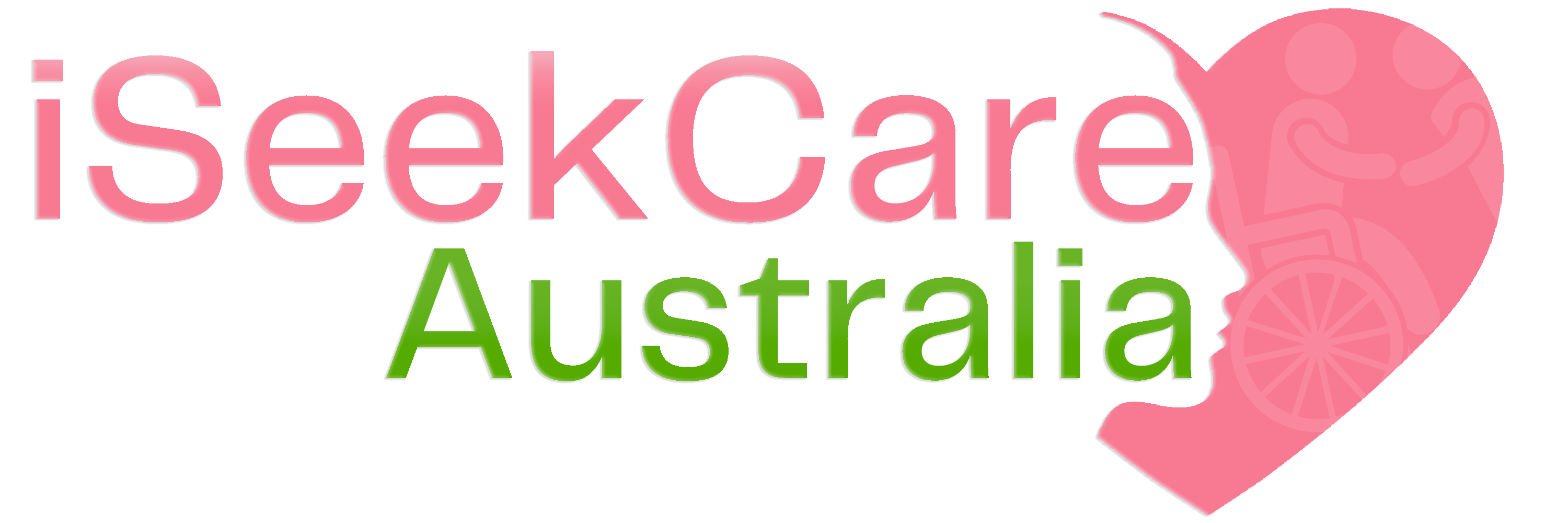Understanding the Importance of Incident Reporting: A Guide for Caregivers and Professionals
As a caregiver or a professional in the healthcare industry, there is no doubt you encounter incidents occasionally. Whether it is an injury, medical error, or a facility issue, it’s important to report it. However, some caregivers and professionals have reservations when it comes to reporting incidents. They might think that reporting could cause more harm than good, or they just don’t know the importance of reporting. In this blog post, we’ll help you understand why incident reporting is critical and how to go about it.

1. Incident reporting promotes safety
One of the main reasons for reporting incidents is to promote safety in healthcare facilities. When an incident report is filed, it helps identify patterns that might lead to similar occurrences in the future. For example, if several medication errors were reported, administrators can investigate the cause and take the necessary steps to prevent such incidents.
2. It informs decision-making
Incident reports provide valuable information for administrators and stakeholders to make data-driven decisions. When they examine incident reports, they can identify trends, seek training opportunities for staff, and improve safety protocols.
3. Incident Reporting improves patient care
In the healthcare industry, patient care is paramount. Incident reporting allows caregivers and professionals to identify areas for improvement in their caregiving practices. By doing so, they can provide better care for their patients, leading to positive outcomes.
4. Legal protection
Incident reports can act as legal proof should any litigation arise. If a patient or their family takes legal action, having a record of the incident report can help the facility prove its due diligence in caring for the patient; show that they took appropriate steps to prevent a reoccurrence.
5. Ethical obligation
As caregivers and healthcare professionals, it is our ethical responsibility to report all incidents that occur to promote transparency and accountability in the healthcare industry. Being honest about mistakes shows that we care about the safety of our patients and that we are seeking ways to improve our practice.
Conclusion:
In summary, incident reporting is crucial in the healthcare industry. It promotes safety, helps inform decision-making, improves patient care, and provides legal protection. As caregivers and healthcare professionals, we have an ethical obligation to report incidents. Reporting incidents is not about casting blame but ensuring that we safeguard our patients. By acknowledging that incidents occur and reporting them, we can create a culture of safety, accountability, and learning in our healthcare facilities.



